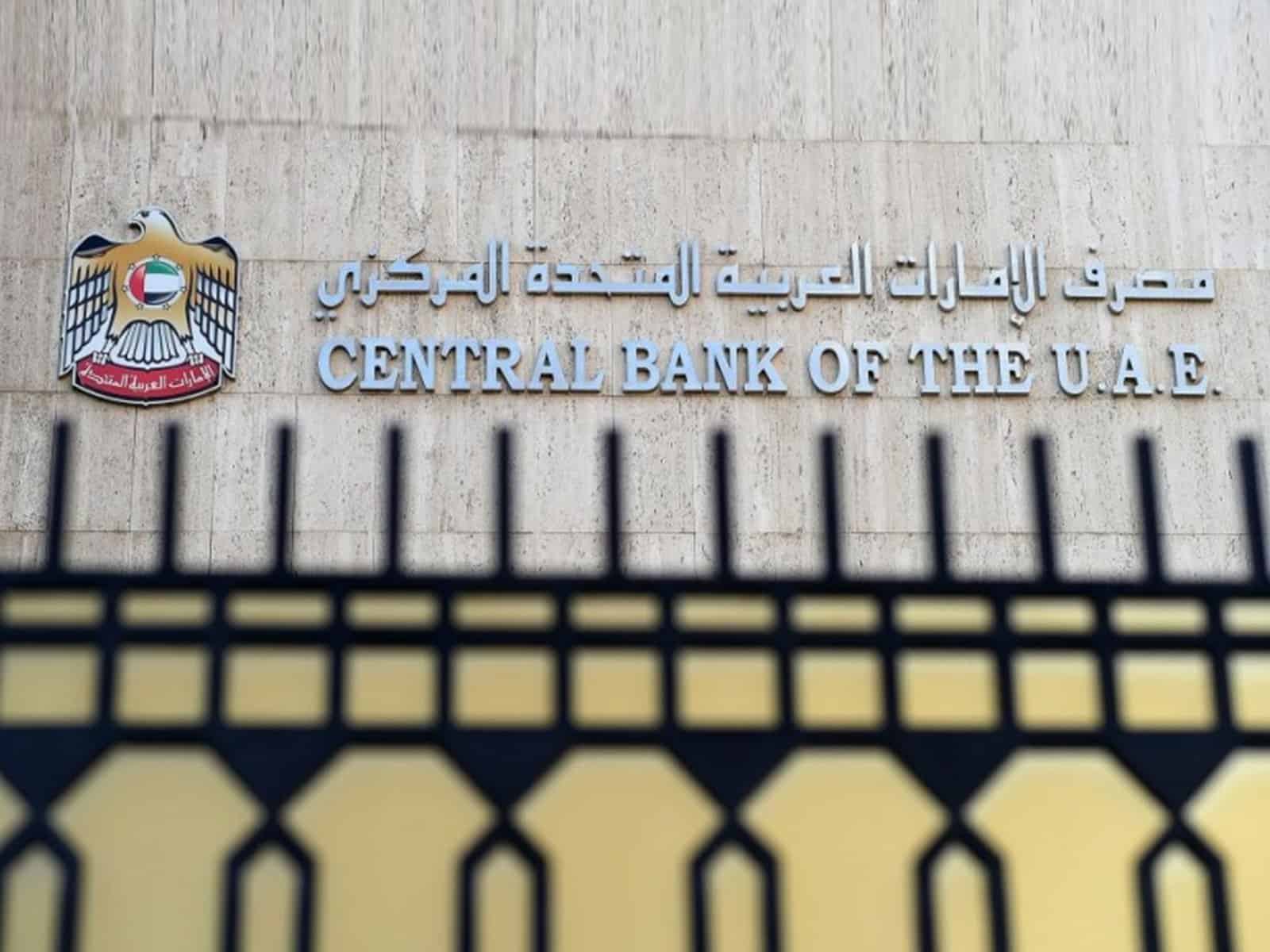Abu Dhabi, UAE–The Central Bank of the United Arab Emirates (CBUAE) and the Qatar Central Bank (QCB) have decided to maintain their current interest rates, shortly after the US Federal Reserve announced its decision to keep the Interest on Reserve Balances (IORB) unchanged.
The CBUAE has chosen to keep the Base Rate for the Overnight Deposit Facility (ODF) steady at 5.40%, aligning its monetary policy closely with that of the US Federal Reserve due to the UAE dirham’s peg to the US dollar. Additionally, the interest rate for borrowing short-term liquidity from the CBUAE will remain at 50 basis points above the Base Rate for all standing credit facilities.
In Qatar, the Central Bank has also decided to keep its deposit, lending, and repo rates unchanged at 5.75%, 6.25%, and 6.00% respectively. This decision reflects Qatar’s assessment of its current monetary policies and aims to support continued economic growth within the state.
Both central banks’ decisions come in the wake of the US Federal Reserve’s vote to maintain interest rates at a 23-year high for the fifth consecutive meeting. Despite this, the Fed has signaled expectations for three rate cuts within the year, a decision that has positively impacted US markets and led to all three major indices on Wall Street closing at new records.
The Fed’s approach aims to carefully assess incoming data and balance risks, having successfully eased inflation towards its two percent target last year without leading the US into a recession. However, 2024 presents challenges with a slight increase in monthly inflation, prompting continued caution from Fed Chair Jerome Powell regarding the path to stabilizing prices.
The Federal Open Market Committee (FOMC) has also adjusted its economic forecasts, predicting an uplift in US growth outlook to 2.1% for this year from the previously projected 1.4% in December. While headline inflation forecasts remain unchanged, core inflation expectations have seen a slight increase.
This global financial landscape, marked by cautious optimism and strategic adjustments, influences the monetary policy decisions within the GCC countries. As they navigate through the intricacies of global economic indicators and their domestic economic needs, the UAE and Qatar’s central banks’ decisions reflect a careful balancing act aimed at fostering stability and growth within their economies.
Economists and traders are now closely monitoring the potential for rate cuts by the Fed, with significant implications for global markets and the monetary policies of pegged economies like those in the GCC region.








